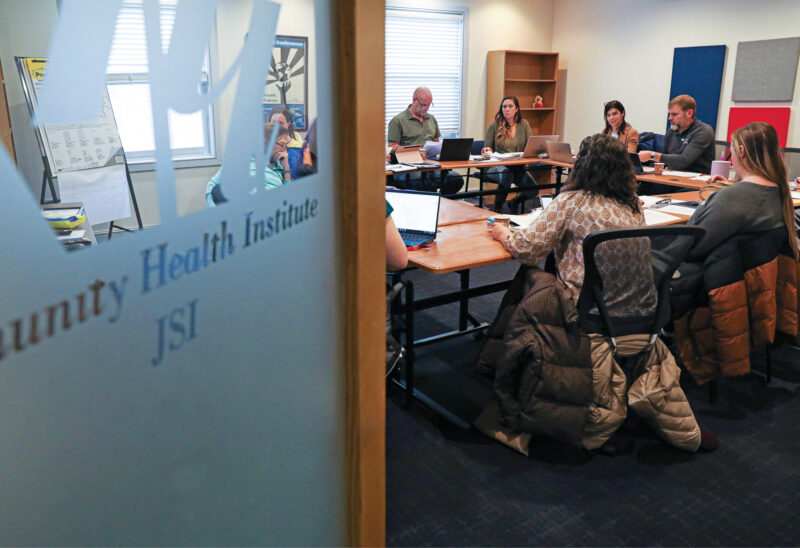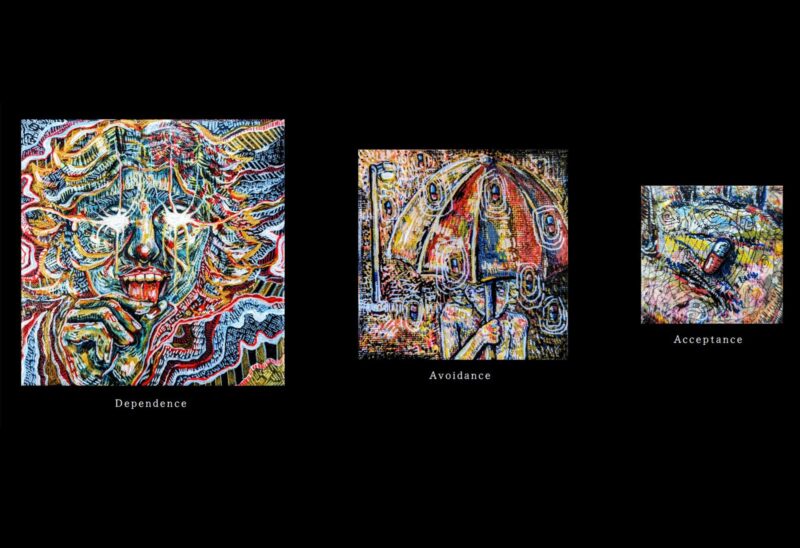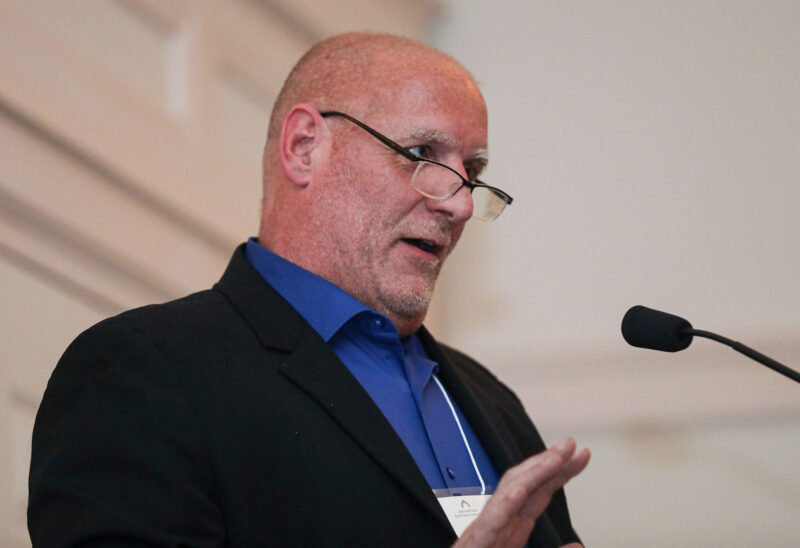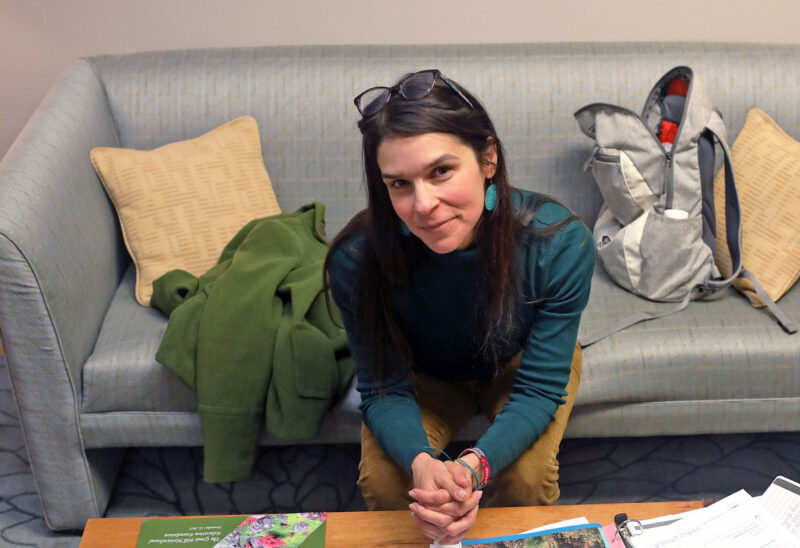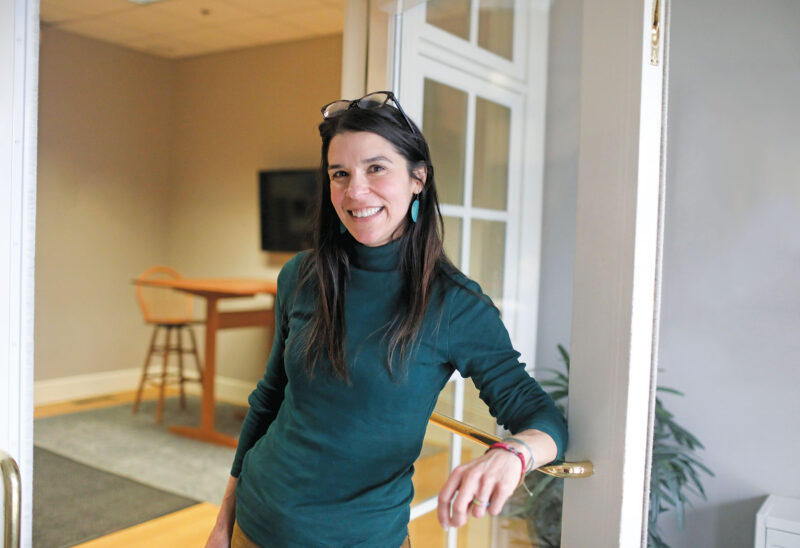In the North Country, an innovative, locally crafted program is teaching kids to be leaders, deepening their connection to community — and, in so doing, keeping them off drugs and alcohol.
The Youth Leadership Through Adventure program of the North Country Health Consortium has kids climbing mountains and paddling rivers; doing service learning projects in their communities; organizing conferences for younger students and encouraging healthy behavior among their peers. The program is in all 10 public high schools and 12 middle schools in Coos and northern Grafton counties.
This is youth-to-youth engagement. Adults guide the process. Kids make it happen.
And those kids are seeing shifts in behavior as a result.
“People are more open to the idea of a substance-free life,” says Izzy Holmes of Bethlehem. “They know that there are better things.”
The numbers are starting to bear that out. On the latest New Hampshire Youth Risk Behavior Survey, a correlation appears between schools with active YLTA groups and reduced substance use. Binge drinking and past-month alcohol use among students in those schools have dropped below rates for the rest of the state — and the rest of the North Country. The numbers of kids reporting having ever used alcohol is also down.
“We’ve never seen North Country stats before that show anything but higher-than-state-average rates all across the board,” says Bob Thompson, who helped create and run the program.
Kids talk about how their schools are different now — bullying is down, school spirit, connection, communication and general kindness are up.
YLTA groups are deliberately representative of the school populations — comprised of students from diverse socio-economic backgrounds and social groups.
The data also shows that community attachment among students in schools with active YLTA programs is significantly higher than in the state overall and in the rest of the North Country.
Cam MacDonald, a sophomore at the Profile School, says the YLTA program “pushed me forward to help other people, and now I think people look up to me.”
Cam has mentored younger students — and now parents of those kids recognize him and say hello. Police officers wave. Cam gets the message that he is valued in his community.
That is quite by design of this program: Research shows that community connectedness is a “protective factor” against substance abuse — young people who feel valued and connected to their communities are less likely to reach for alcohol and drugs.
The majority of YLTA funding exists because remarkable donors with two distinct visions — “tackle New Hampshire’s drug and alcohol problem” and “help North Country communities to thrive” — established funds at the Charitable Foundation to translate their vision to action.
The Neil and Louise Tillotson Fund and the Foundation’s Substance Use Disorders Portfolio, in tandem, are making this program possible.
YLTA has been endorsed as a “promising practice” by a panel of national experts convened by the state Bureau of Drug and Alcohol Services and the NH Center for Excellence. That means that it is on its way to being endorsed as “evidence-based” — and being replicated and used around the state and country.
These North Country youth leaders will become tomorrow’s adult leaders. The intended result: an entire region that is healthier, more connected and more vibrant.
“I feel,” Izzy says, “like we are making a world of difference.”
TO LEARN MORE, VISIT WWW.NCHCNH.ORG
This story originally appeared in our 2014 Annual Report.

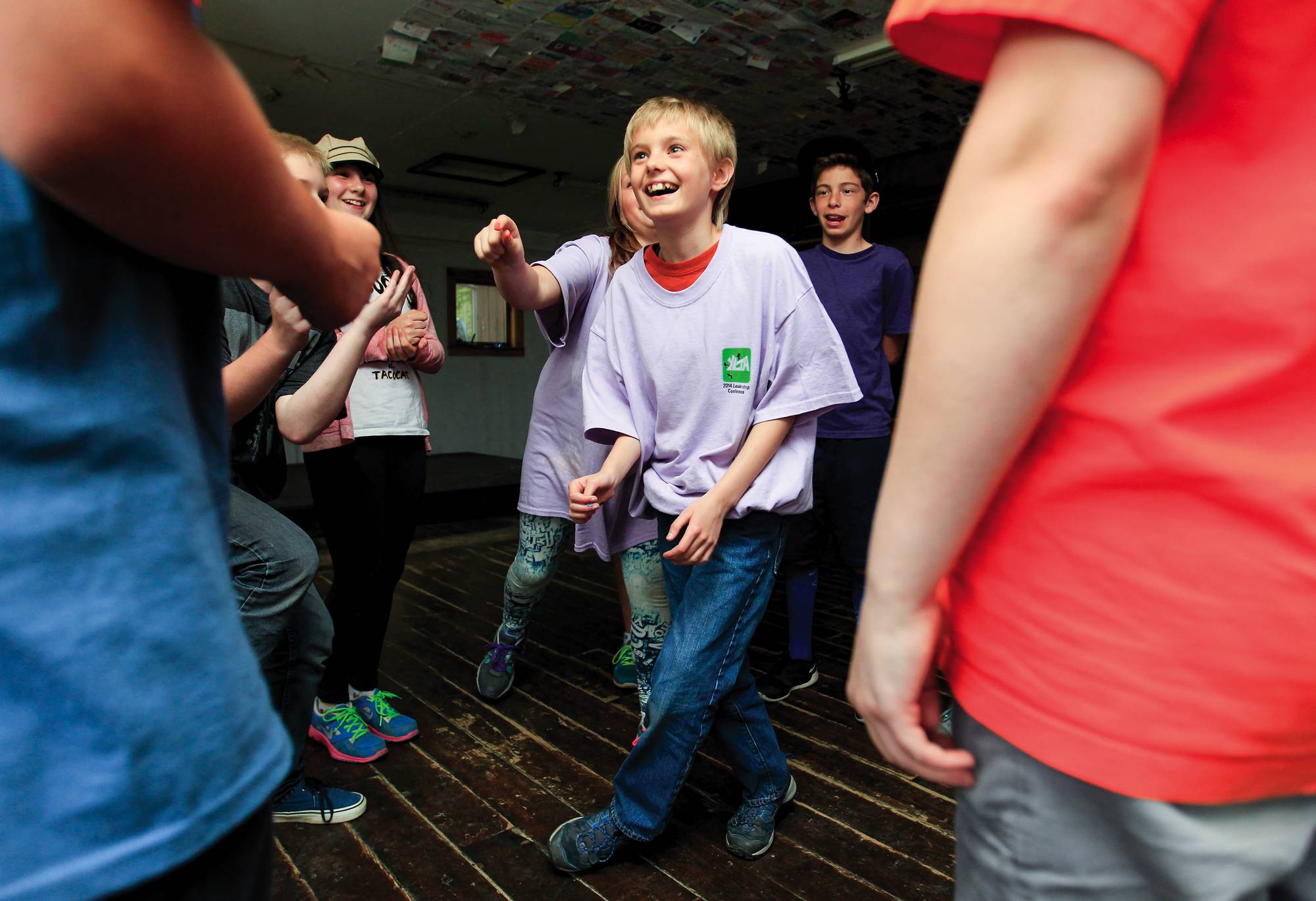






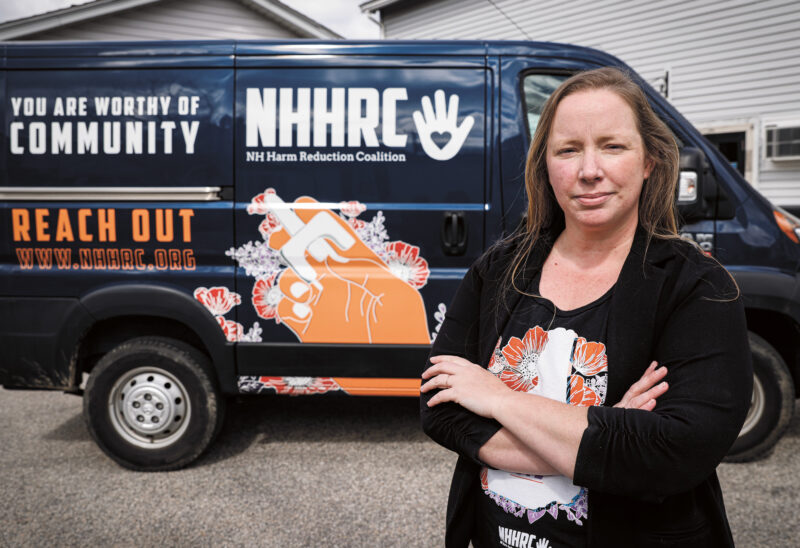
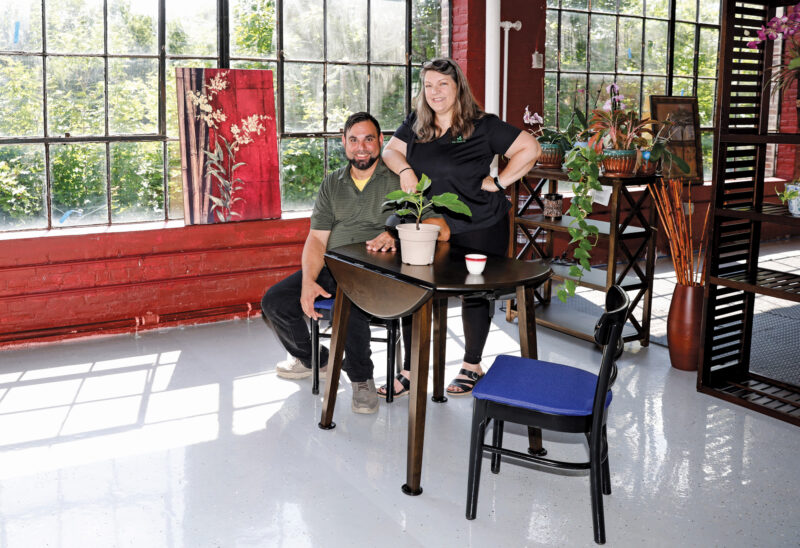
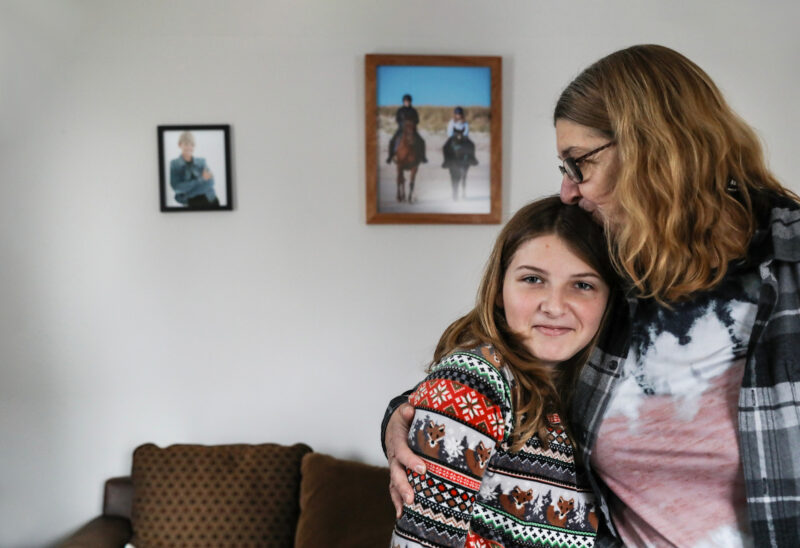

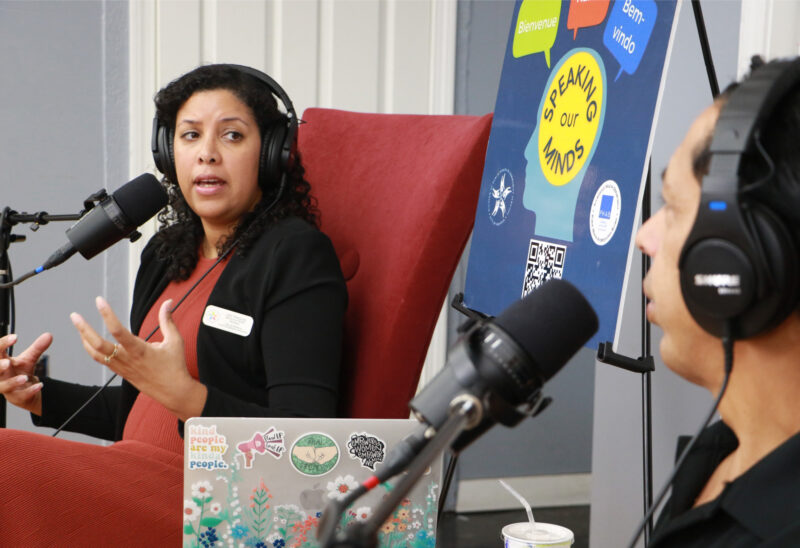
![Charitable Foundation President Dick Ober [Photo by Cheryl Senter]](https://www.nhcf.org/wp-content/uploads/2023/12/dick-ober-purpose-fall-winter-2023-800x548.jpg)
